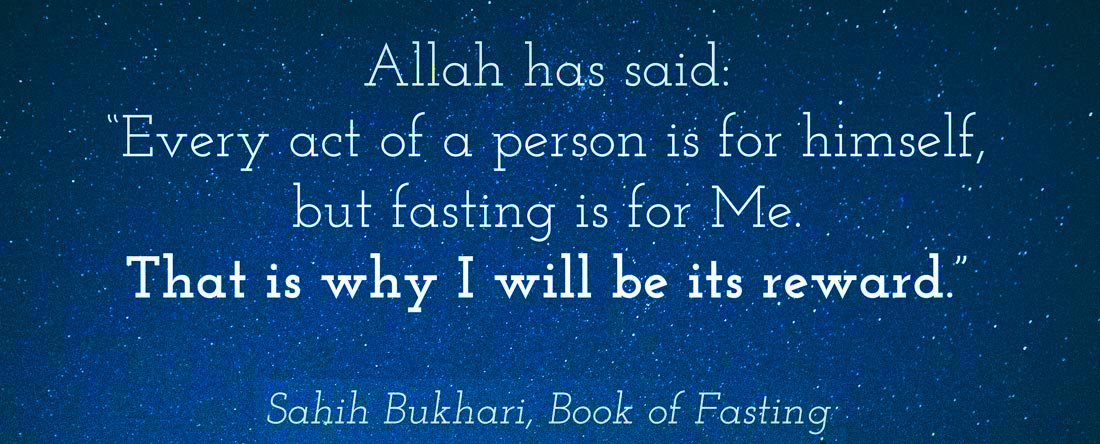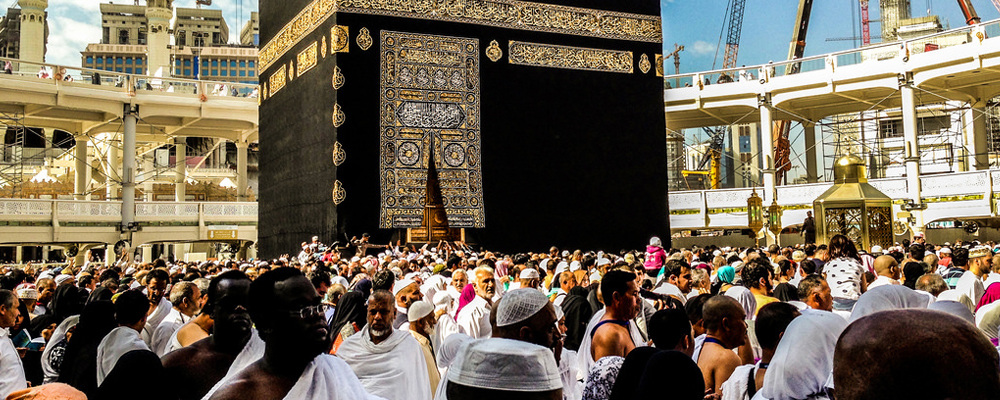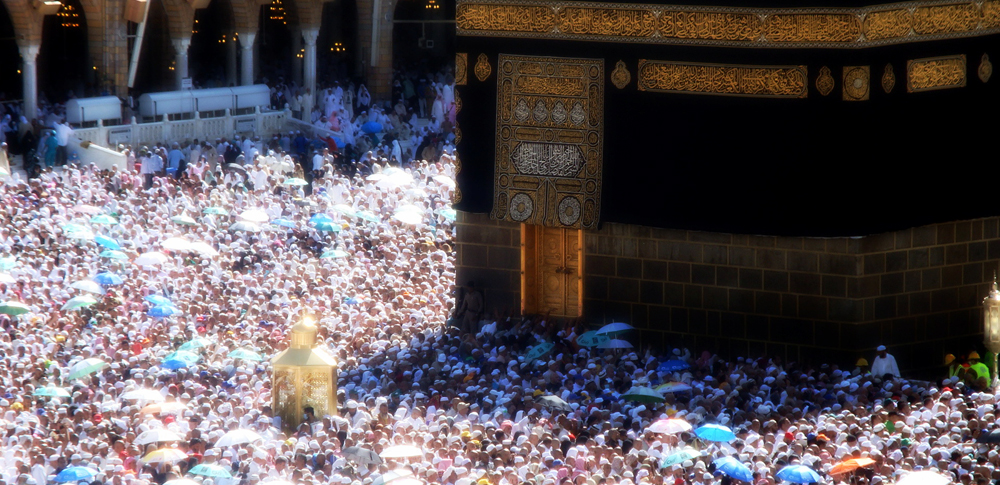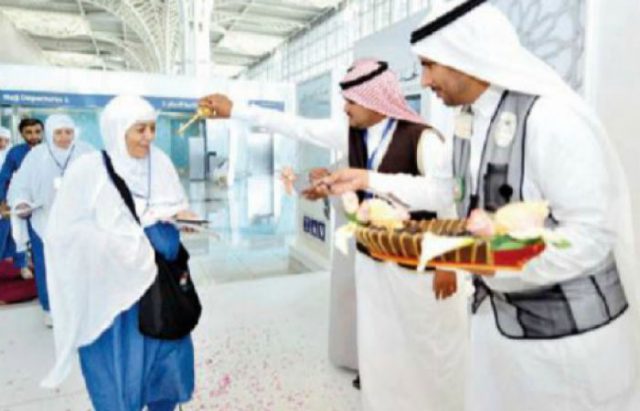Haj once in a lifetime
This year, more than two million pilgrims performed Haj in ease and comfort. Haj is one of the five pillars of Islam, and this is obvious from the following verse of the Holy Qur’an as well as the Tradition of the Prophet (peace be upon him). The Holy Qur’an says: “And Haj (pilgrimage to Makkah) to the House (Kaaba) is a duty that mankind owes to Allah, those who can afford the expenses (for one’s conveyance, provision and residence).” The Prophet (pbuh) has said: “Islam is based on (the following) five (principles): 1. To testify that none has the right to be worshipped but Allah and Muhammad is Allah’s Apostle. 2. To offer the (compulsory congregational) prayers dutifully and perfectly. 3. To pay Zakat (obligatory charity). 4. To observe fast during the month of Ramadan. 5. To perform Haj by all those who can afford it.”
Pilgrims from all corners of the globe poured into the holy city to perform Haj. Irrespective of their diverse languages, cultures and financial and social status, they flocked to the holy land with the single goal of winning the pleasure of God. They believe in one God, follow the Prophet (pbuh) and adhere to the teachings of the one and only religion. Chanting “Labbaik Allahumma Labbaik” (O God, here I am answering your call), all of them beseeched Allah’s mercy and forgiveness.
With the completion of the annual pilgrimage of Haj, all of them believe that Allah has forgiven their sins and accepted their Haj and answered their prayers. They are now returning to their homes with the hope that all of their sins have been forgiven.
Some pilgrims came to perform Haj for the first time. They had the opportunity to perform the obligatory ritual after waiting for many years and spending money that they had earned through their hard work. Other pilgrims performed Haj for more than one time as they were able to afford it and they were physically fit. They were using the wealth and health that Almighty Allah has bestowed on them.
At the same time, some domestic pilgrims complained about the exorbitant charges being levied by Haj service firms over the past few years. This situation has prevented even those who reside in the neighborhood of Makkah from performing Haj, and has forced a large number of them to attempt to enter Makkah without a Haj permit. For several years, the concerned authorities have issued warnings to people about performing Haj illegally.
However, this year, the authorities began taking strict penal action against those who tried to enter the holy sites without a Haj permit. According to reports, more than 180,000 people who did not have Haj permits have been arrested. Penal action will be taken against these people as well as against those who provided them with transportation or any other assistance in violation of Haj regulations and repeated warnings. Before this year’s Haj, the authorities launched a massive awareness campaign with the theme: “The right way is Haj with a permit.”
There is no doubt that such a large number of illegal pilgrims creates numerous problems for legal pilgrims and hampers the efforts of the authorities in facilitating the smooth conduct of Haj.
The number of Muslims is on the rise. Therefore, it is quite natural that there will be a steady increase in the number who want to perform Haj year after year. According to the quota system, approved by the foreign ministers of Islamic countries nearly a quarter of a century ago, 1,000 out of one million believers are allowed to perform Haj from each country every year.
The government of Saudi Arabia has implemented several projects costing billions of riyals in the holy cities of Makkah and Madinah to improve the facilities and services for pilgrims. Without the quota and the expansion projects, it would be very difficult to accommodate all those who want to perform Haj every year.
Similarly, the regulation that restricts Saudis and expatriates from performing Haj more than once in every five years has also contributed significantly to reducing the numbers performing Haj each year. In my view, the five-year ban should be extended to 10 or more years in order to prevent those who have performed Haj from repeating it many times. I am of the conviction that all of those who have performed the obligatory ritual of Haj must make way for those who have not performed it.
Almost all Islamic scholars have agreed that Haj is obligatory once in a lifetime. It would be ideal if these scholars stopped encouraging people to perform Haj again and again. They should advise people not to repeat Haj and thus make way for those who have not performed it because the public interests of the Ummah is more important than the individual interests of those who have fulfilled their obligatory duty.
Article source: Saudi Gazette





